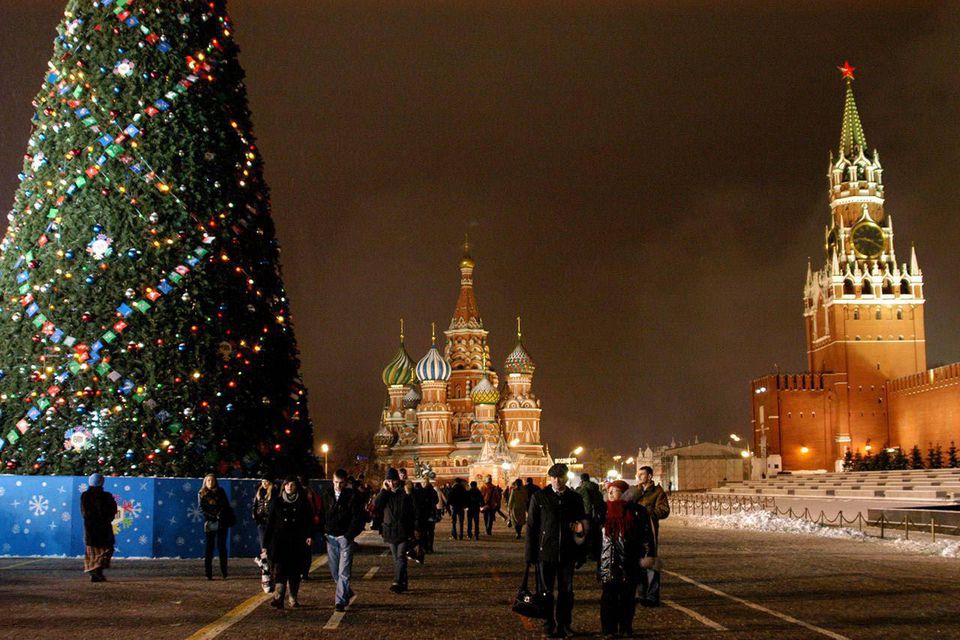
The magic of Russian Christmas holidays is a truly unique and enchanting experience. In Russia, Christmas is celebrated on January 7th, following the Orthodox calendar. This joyous occasion is a time for family, friends, and loved ones to come together and celebrate the birth of Jesus Christ. In this article, we will delve into the rich traditions and celebrations that make Russian Christmas holidays so special.
Russian Christmas Holidays: A Time for Family and Friends
Russian Christmas holidays are a time for families to reunite and strengthen their bonds. On Christmas Eve, families gather together for a traditional meal, often featuring dishes such as borscht, pierogi, and kutia (a sweet grain pudding). The meal is typically served in a festive atmosphere, with decorations, candles, and traditional Christmas carols.
After dinner, families often engage in fun activities, such as playing games, singing songs, and exchanging gifts. Children eagerly await the arrival of Ded Moroz (Grandfather Frost), the Russian equivalent of Santa Claus, who brings them gifts and treats.
Russian Christmas Traditions: A Blend of Orthodox and Pagan Influences
Russian Christmas traditions are deeply rooted in the country's rich cultural heritage. The Orthodox Church plays a significant role in shaping the country's Christmas celebrations. On Christmas Eve, many Russians attend midnight mass, known as the "All-Night Vigil," which features traditional hymns, prayers, and rituals.
However, Russian Christmas traditions also reflect the country's pagan past. Many pre-Christian customs have been incorporated into the modern celebration, such as the use of evergreen trees, holly, and mistletoe. The traditional Russian Christmas tree is often decorated with ornaments, lights, and garlands, and is seen as a symbol of eternal life and renewal.
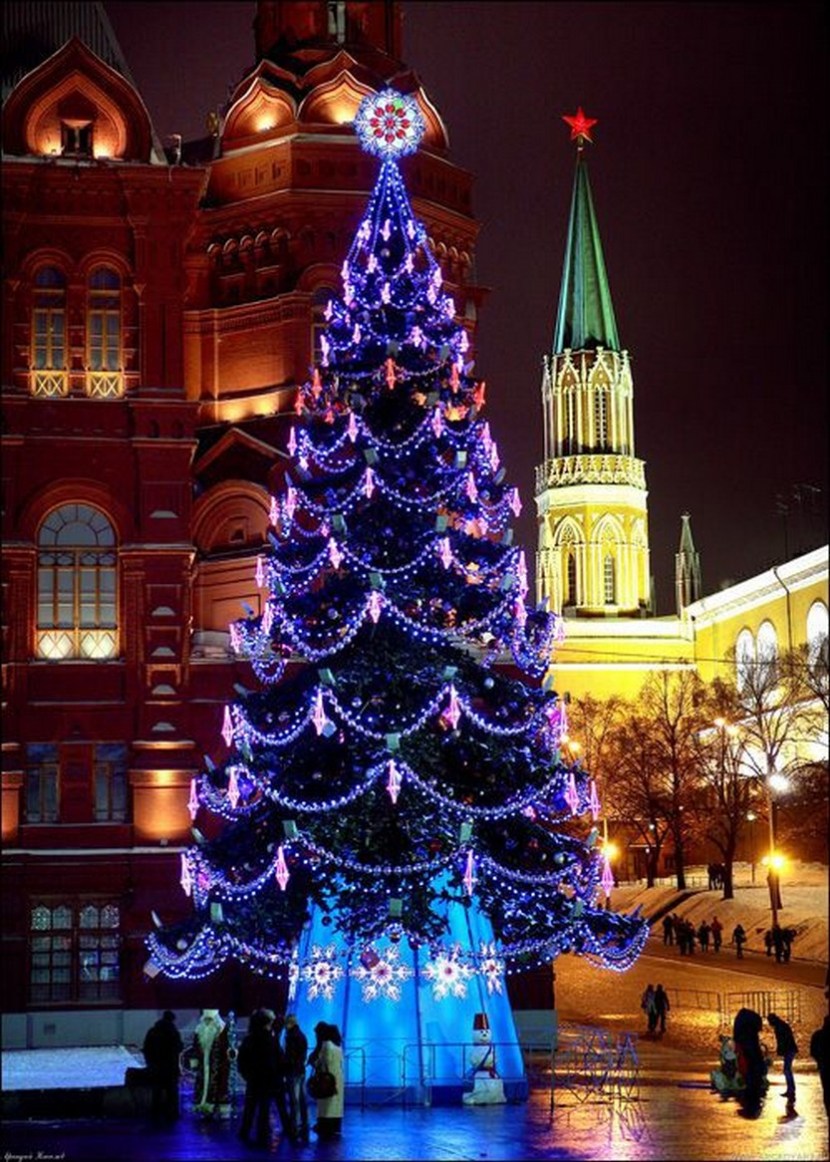
Russian Christmas Food: A Feast for the Senses
Russian Christmas food is a true delight for the senses. Traditional dishes such as borscht, beef stroganoff, and pierogi are staples of the holiday meal. However, the pièce de résistance is the Christmas bread, known as "kulich." This sweet bread is often flavored with raisins, nuts, and spices, and is a symbol of good luck and prosperity.
Russian Christmas Celebrations: A Time for Music and Dance
Russian Christmas celebrations are a time for music and dance. Traditional folk songs and dances, such as the "Khorovod" and the "Kolokol," are an integral part of the holiday festivities. The "Khorovod" is a traditional folk dance, often performed by women, which involves intricate steps and movements. The "Kolokol" is a lively folk song, often sung by men, which features complex harmonies and rhythms.
Russian Christmas Traditions Around the World
Russian Christmas traditions have spread to many parts of the world, thanks to the country's rich cultural heritage and diaspora communities. In the United States, for example, many Russian-American communities celebrate Christmas with traditional meals, music, and dance.
In Europe, countries such as Poland, Ukraine, and Belarus also celebrate Christmas with many of the same traditions and customs as Russia. The shared cultural heritage of these countries is a testament to the enduring power of Russian Christmas traditions.
Russian Christmas Traditions for Children
Russian Christmas traditions are a magical time for children. The arrival of Ded Moroz and his granddaughter, the Snow Maiden, is a highlight of the holiday season. Children eagerly await the gifts and treats that they bring, and often write letters to Ded Moroz in the hopes of receiving their heart's desires.
Russian Christmas traditions also include many fun activities for children, such as decorating the Christmas tree, making traditional crafts, and singing Christmas carols. The holiday season is a time for children to learn about their cultural heritage and to create lasting memories with their families.
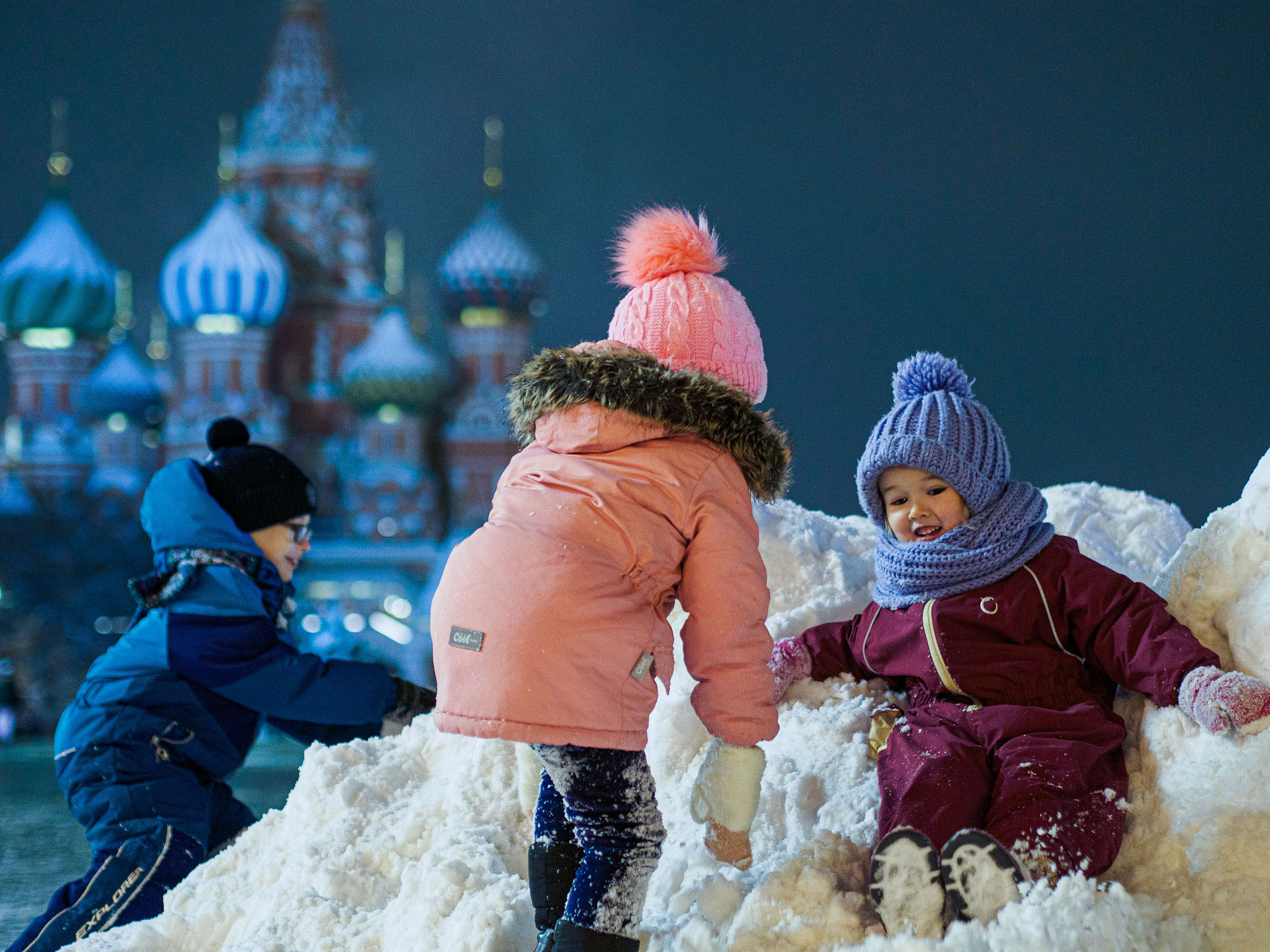
Russian Christmas Celebrations: A Time for Reflection and Renewal
Russian Christmas celebrations are a time for reflection and renewal. The holiday season is a time to reflect on the past year and to look forward to the coming year. Many Russians take time to visit family and friends, and to strengthen their bonds with loved ones.
The holiday season is also a time for spiritual reflection and renewal. Many Russians attend church services and participate in traditional rituals and ceremonies. The Orthodox Church plays a significant role in shaping the country's Christmas celebrations, and many Russians find solace and comfort in the traditional hymns, prayers, and rituals of the holiday season.

Conclusion: Russian Christmas Holidays 2019
In conclusion, Russian Christmas holidays are a truly unique and enchanting experience. The rich traditions and celebrations of this special time of year are a testament to the country's rich cultural heritage. Whether you are celebrating with family and friends, or simply learning about the traditions and customs of this special time of year, Russian Christmas holidays are a time to cherish and remember.
We invite you to share your thoughts and experiences of Russian Christmas holidays in the comments below. What are your favorite traditions and celebrations? How do you celebrate Christmas with your loved ones?
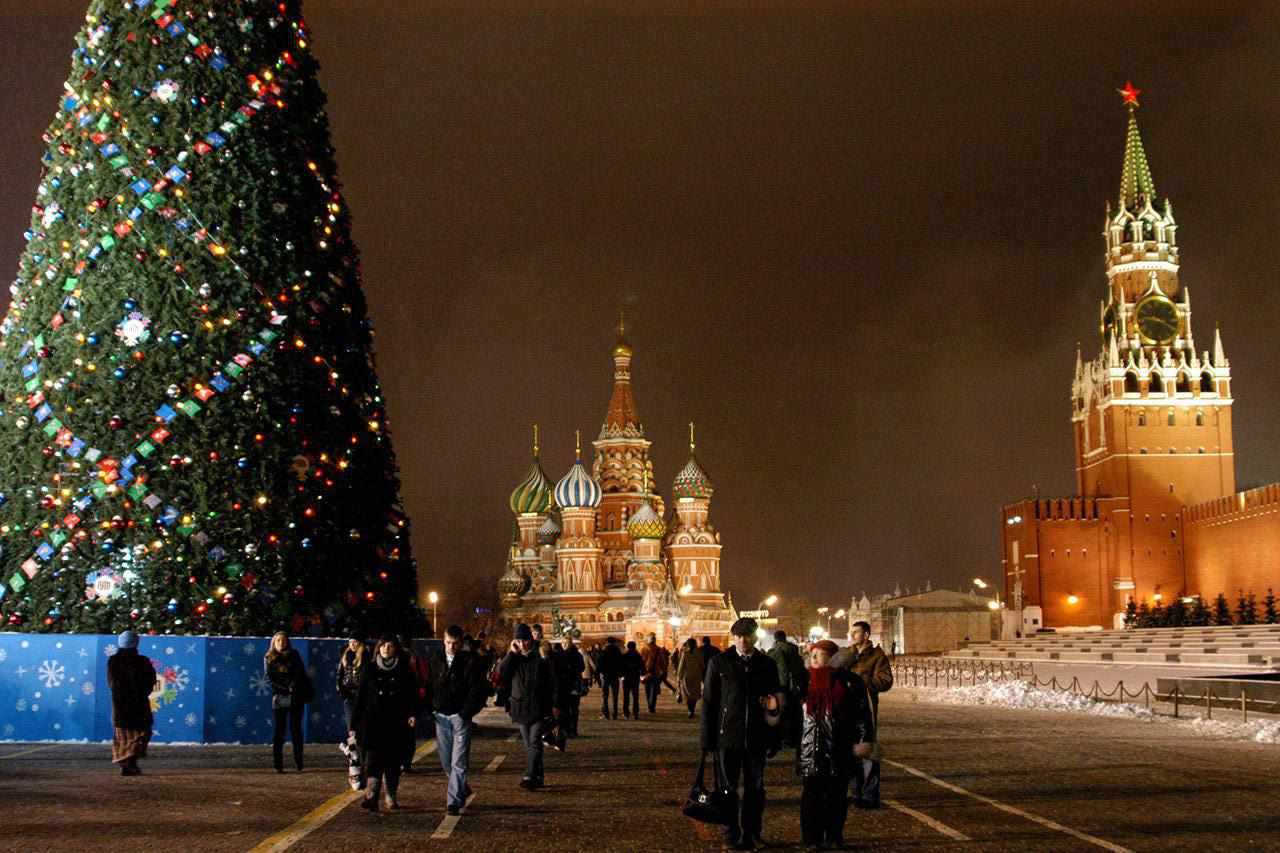
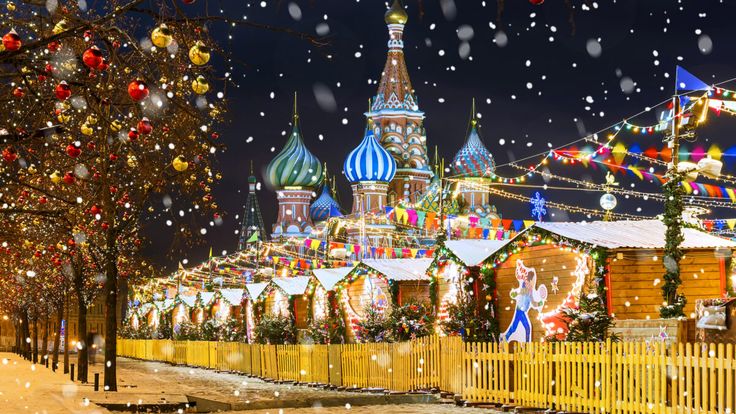


What is the traditional Russian Christmas meal?
+The traditional Russian Christmas meal typically includes dishes such as borscht, pierogi, and kutia (a sweet grain pudding).
Who is Ded Moroz and what is his role in Russian Christmas traditions?
+Ded Moroz is the Russian equivalent of Santa Claus, who brings gifts and treats to children on Christmas Eve.
What is the significance of the Orthodox Church in Russian Christmas celebrations?
+The Orthodox Church plays a significant role in shaping Russian Christmas celebrations, with many Russians attending church services and participating in traditional rituals and ceremonies.

:max_bytes(150000):strip_icc()/maslenitsa-holiday-in-russia-919934424-5ae12915a9d4f900370ee144.jpg)
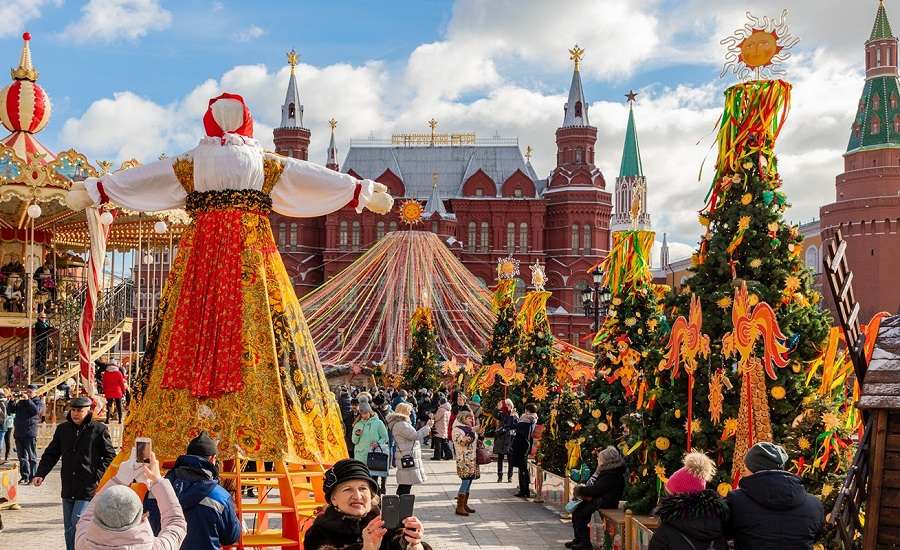
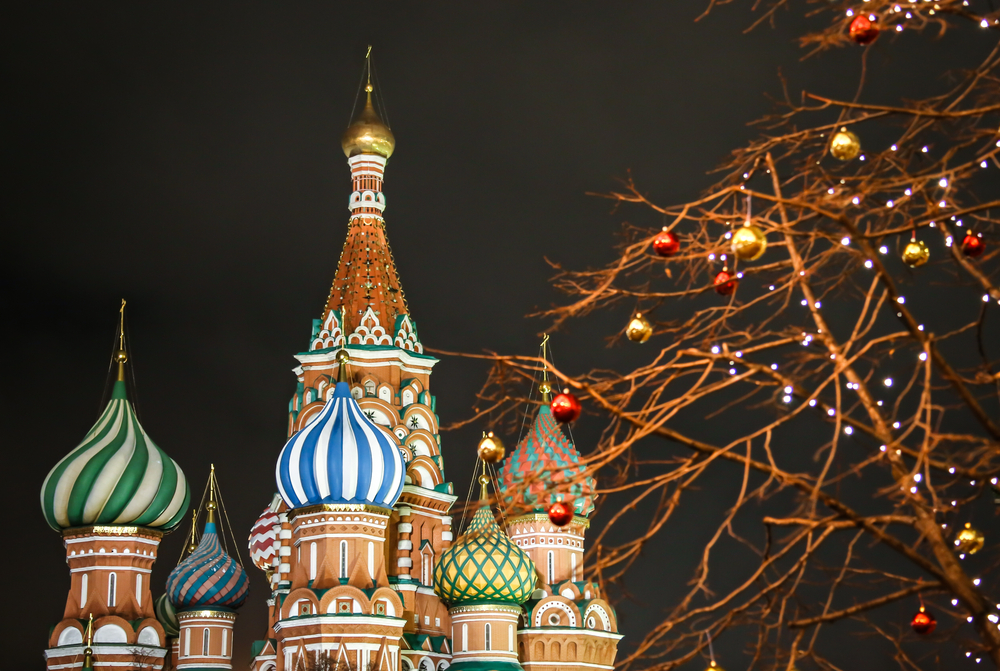


:max_bytes(150000):strip_icc()/russia-christmas-traditions-1502306_Final-5c7ed116c9e77c0001e98f31.png)
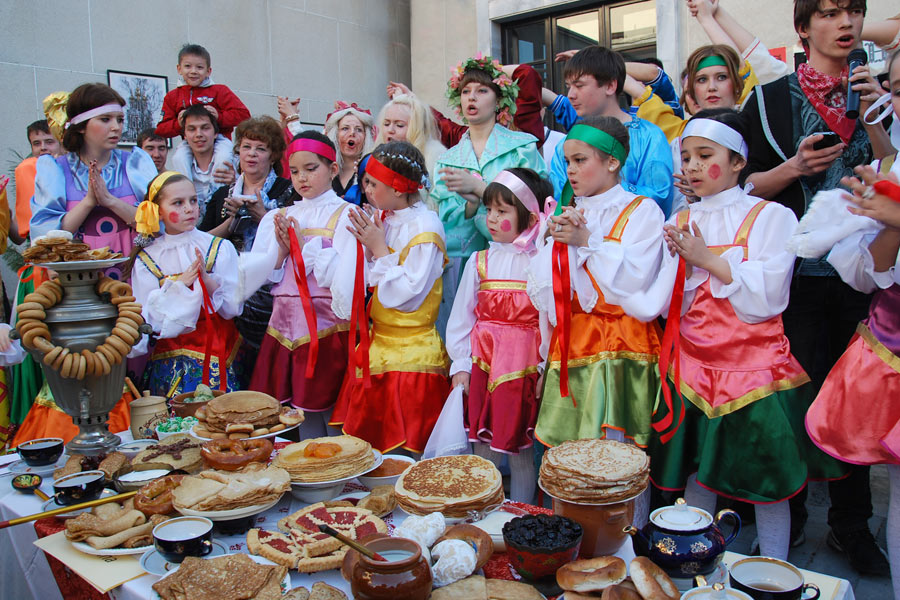
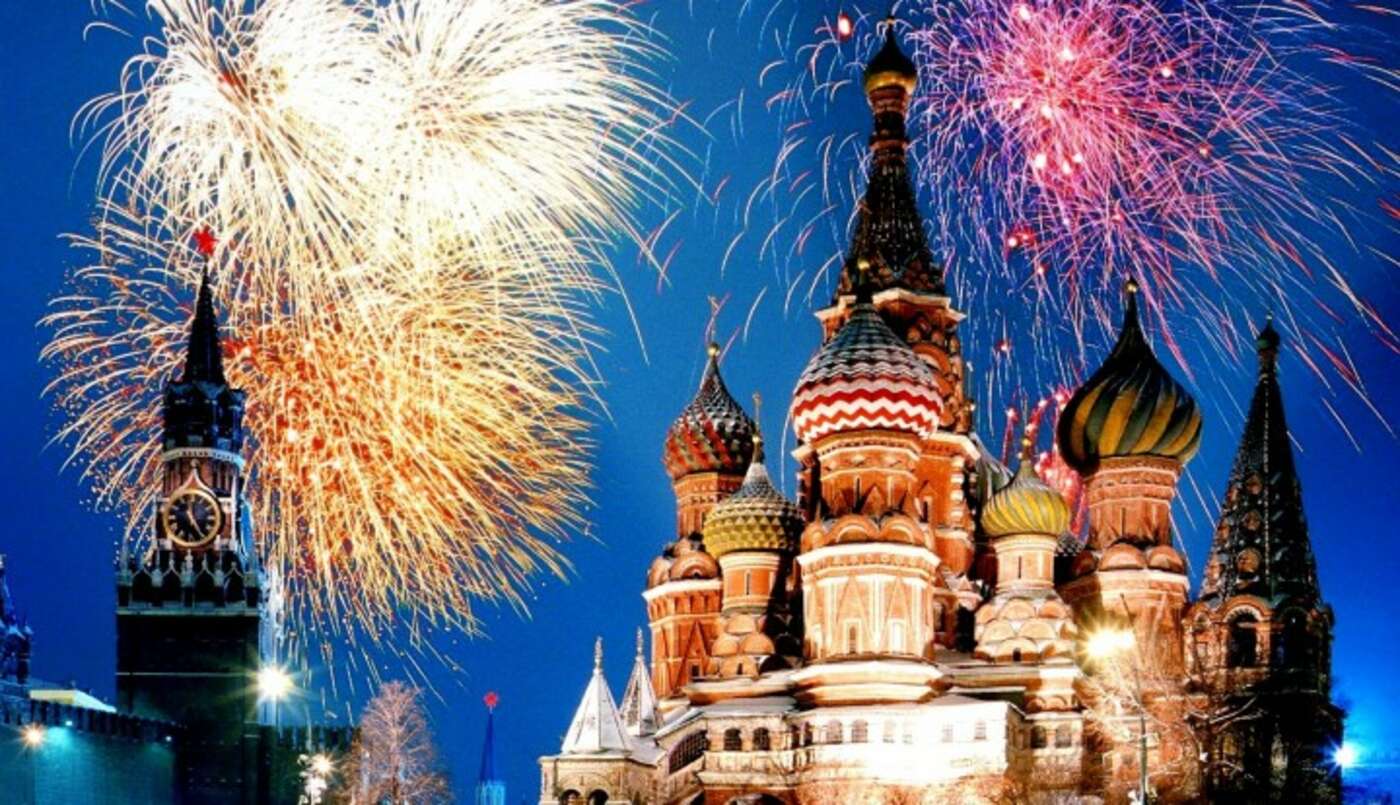
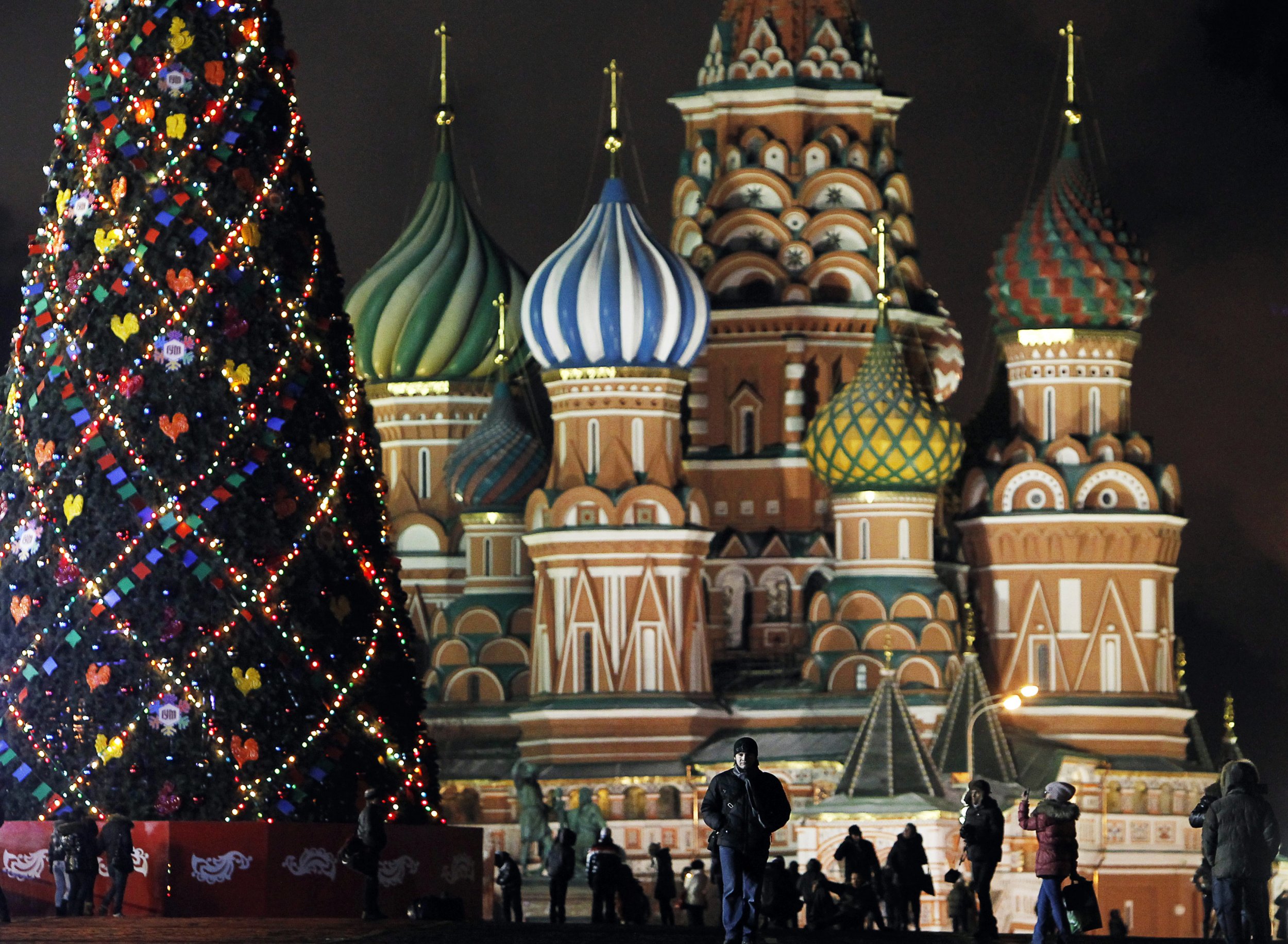

:max_bytes(150000):strip_icc()/fireworks-over-the-moscow-kremlin-539472298-5b104250fa6bcc0036ae3724.jpg)